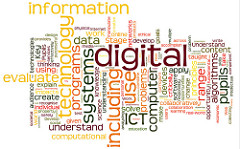Bruxelles, 22 novembre 2014 - Da anni si sente parlare di integrazione, di convivenza pacifica, di unione di popoli di diverse etnie, culture e religioni, una unione tanto cercata ed auspicata su più livelli, sia a livello sociale sia a livello politico ed istituzionale.
A livello internazionale, e in particolar modo a livello europeo, i legislatori nazionali hanno cercato di adottare leggi e provvedimenti al fine di garantire quella coesione tanto desiderata quanto dovuta, essendo i Paesi ormai un crogiuolo di popoli di diverse culture, che più o meno spontaneamente si ritrovano a convivere in un Paese, anche solo semplicemente per cercare un’occupazione.
A livello europeo, le maggiori istituzioni di Bruxelles hanno cercato negli anni di pubblicizzare e “divulgare” tra i paesi membri dell’UE gli strumenti e i mezzi idonei a combattere qualsiasi forma di razzismo, cercando di creare un grande calderone in cui possano convivere culture diverse, che vivano e si arricchiscano con e attraverso la diversità. A colpi di sentenze poi, la Corte europea dei diritti dell’uomo ha costantemente cercato di sanzionare le diverse forme di violazione del principio di parità tra gli uomini, emettendo pesanti sanzioni per i cinquantadue paesi membri del Consiglio d’Europa che non avessero adeguato il proprio ordinamento interno al multiculturalismo ed all’integrazione.













